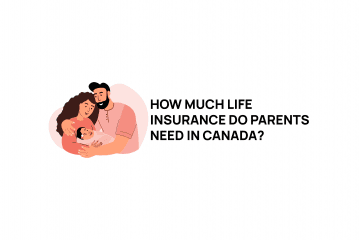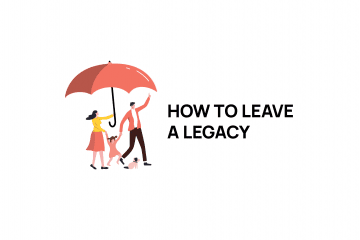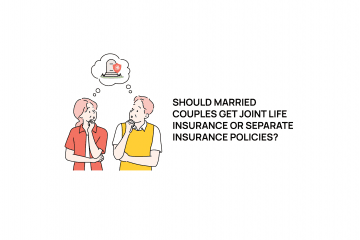What happens when life insurance applications go bad?
Through the years I’ve seen and been told about numerous errors in underwriting. Not specifically errors on behalf of the underwriter, just things that have happened or mistakes that have been made that can lead to some very interesting results. Given the complexity of the information and the fact that it the information flows from the consumer through a paramed nurse through to an underwriter I guess it’s surprising that errors don’t happen more frequently. Anyway, here’s my top 3 ‘errors in underwriting’.
- Extremely high heart rate. Consumer had a hard time getting insurance due to an extremely high heart rate. The condition didn’t make sense, as the consumer was extremely active and very fit. They weren’t aware of any issues. On further investigation, client had taken his medical exam after work. That seems innocuous enough, except he cycled home from work – 25K. Yes, if you cycle 25K like you’re in a rush, jump off the bike and run into the medical exam, your heart rate is going to be whacky. For example, a normal heart rate would be between 60 to 100 beats per minute. And active people have heart rates at the lower end of the scale – their resting heart rate is low. By comparison, my personal heart rate when cycling frequently tops 150 beats per minute, and it spikes to 160 on those tough hills. The solution was to take another medical exam before engaging in exercise. That’s why we always tell our clients to take their medical exams first thing in the morning before having anything to eat or drink and before they exercise. (Note, this consumer was not being advised by us at the time, so they didn’t receive this advice).
- Cholesterol too high. The consumer was declined for coverage. The insurance company was concerned enough to directly contact the consumer’s doctor notifying them of the blood work results. It turns out the client hadn’t eaten most of the day. On their way to the medical exam they did the drive through thing and wolfed down two egg McCholesterolburgers. As in point #1, take your medical exam first thing in the morning before having anything to eat or drink.
- Build. Hey, we’re not saying you’re overweight, it’s just that you’re not tall enough. Nurse measures and claims consumer is 340lbs. The insurance company declines coverage to the consumer due to build. They offer to provide a highly rated policy should the consumer lose 100lbs, and maintain that lowered weight for a year. Consumer objects, saying they can’t lose 100lbs – because they only weigh 150lbs to start with. How do you get to 343lbs from 150lbs? Easy – weigh the consumer at 150 and check ‘kilograms’. At some point the 150kilograms is converted to lbs, resulting in 340lbs and a decline in coverage. Solution is to hope the consumer has a sense of humour, and have them reweighed.
In retrospect some of these are a bit ‘of course!’. Consumer who’s in good shape declined for being overweight. Consumer eats a bucket of grease and fails the cholesterol test. Bike hard for 25K then take your heart rate. But that’s looking back – none of these were obvious to consumers taking the medical exam for the first time.
Also worth noting is that it’s not just the medical exam that can determine your premiums – it’s HOW you take the medical exam. As I noted above, I recommend consumers take their medical exam first thing in the morning before they have anything to eat or drink and before they do any exercise. If there are other concerns, discuss them with the paramed when they call to book your appointment.
Secondly, all your medical information is part of your policy. It’s actually bound right into the paperwork. That means it’s part of your contract – and there’s potential for misinformation to void your policy after you die. As a result, when you accept a life insurance policy the first thing you should do is check the entire policy to ensure your information is correct and complete. We run into parameds failing to record or mis-recording information once or twice a year so while it’s not common, it’s not unheard of either. It’s up to you to make sure the information collected is correct.
Feel welcome to contact us for a second opinion if you’ve experience difficulty with your life insurance for medically related reasons.




